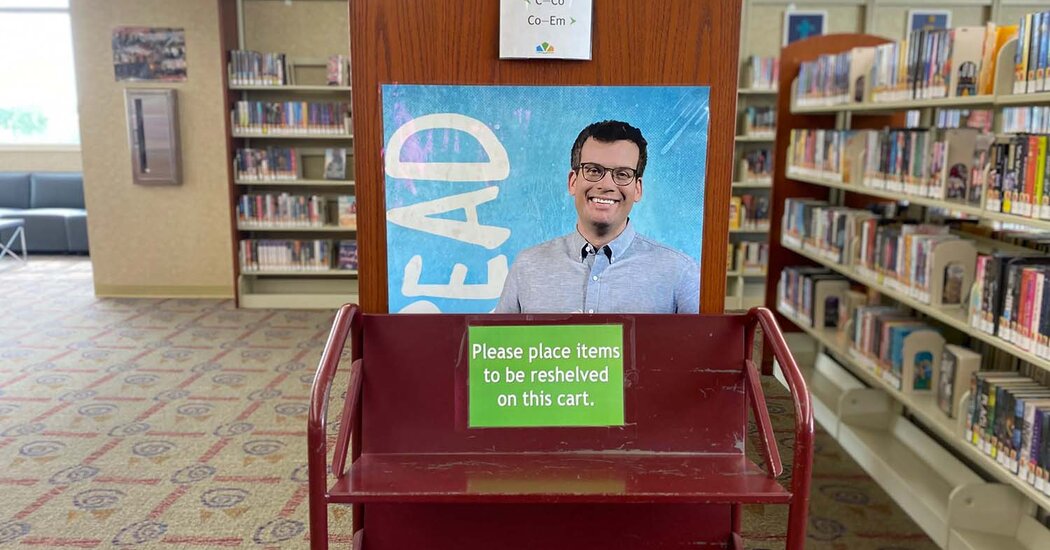NYT gift article expires in 30 days.
I’m really glad he’s using his voice and platform to talk about this. He’s right, it is a huge escalation and an attempt to control. Usually, if a kid feels a book isn’t for them….they generally just put it back and and stop reading it. I did that dozens of times as a teen. This weird distortion of the concept of appropriateness to prevent young people from being able to see themselves in literature or learn about certain topics is so transparent and it’s scary to see it gaining so much traction.
We should encourage young adults to read about everything, drugs and sex included!
Book banns on these topics are like training a soccer team and not tell them they could get hurt. If they know, they can make an informed choice and avoid it. If they don’t… that’s how you get teen pregnancies and drug abuse. Kids that don’t know about it find it cool and go after it.
🤖 I’m a bot that provides automatic summaries for articles:
Click here to see the summary
His debut novel, “Looking for Alaska,” a coming-of-age story that includes references to drug use and sex, has been challenged in schools for at least 15 years, and has frequently landed on the American Library Association’s most banned books list.
The decision at Hamilton East Public Library in Noblesville meant more than 1,800 young adult books were moved, among them classics like “Forever” by Judy Blume and “Speak” by Laurie Halse Anderson, as well as two of Green’s novels, “Looking for Alaska” and “The Fault in Our Stars.”
In Montgomery County, Texas, commissioners voted in July for new library policies that bar people under the age of 18 from accessing books with “explicit” content, including many L.G.B.T.Q.
By mid August, library staff had reviewed more than 3,500 young adult titles, and moved more than 1,000 books, drawing widespread complaints from community members who opposed the removals.
Moving books so that they are inaccessible to their intended readers could constitute both a breach of the First Amendment and a lapse in a librarian’s professional duties, said Deborah Caldwell-Stone, the director of the office of intellectual freedom at the American Library Association.
Green, who has spoken and written about his struggles with anxiety, said he was reluctant to get involved because the controversy makes him “super extra anxious,” but he felt compelled to do so because the librarians who are bearing the brunt of the criticism were unable to speak out for fear of losing their jobs.
Saved 81% of original text.



